Are there ratings for apartment air conditioners?
kahlan_nightwing
13 years ago
Related Stories
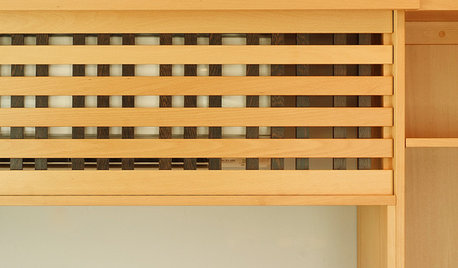
DECORATING GUIDES10 Ways to Hide That Air Conditioner
Feeling boxed in designing around your mini-split air conditioner? Try one of these clever disguises and distractions
Full Story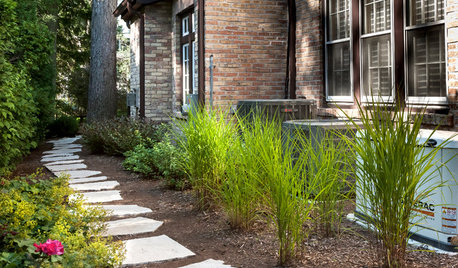
MOST POPULAR5 Ways to Hide That Big Air Conditioner in Your Yard
Don’t sweat that boxy A/C unit. Here’s how to place it out of sight and out of mind
Full Story
MODERN ARCHITECTUREHouzz Tour: Platinum-Rating Hopes for a Sterling Modern Home
Efficiency takes an artful form in a minimalist San Francisco home furnished with iconic and custom pieces
Full Story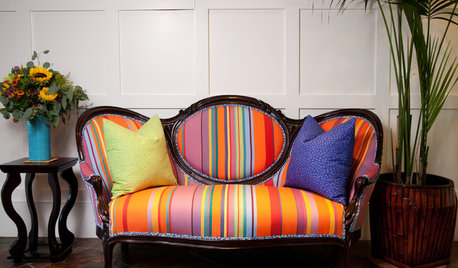
FURNITURESecond-Life Sofas Show First-Rate Style
With unexpected upholstery, antique sofas can live happily in modern interiors
Full Story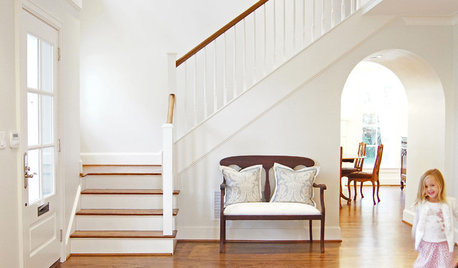
HEALTHY HOMEA Guide to Indoor Air Purifiers
Get the lowdown on air filtration systems for your house and the important ratings to look out for
Full Story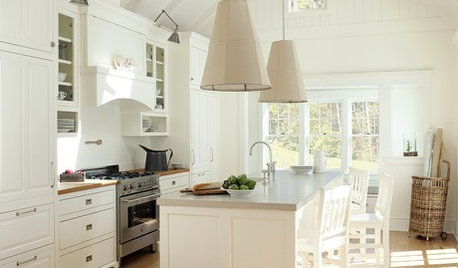
HEALTHY HOMEGet Cleaner Indoor Air Without Opening a Window
Mechanical ventilation can actually be better for your home than the natural kind. Find out the whys and hows here
Full Story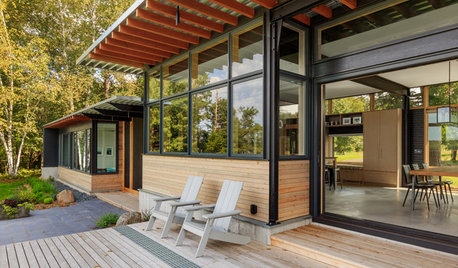
LIFE6 Ways to Cool Off Without Air Conditioning
These methods can reduce temperatures in the home and save on energy bills
Full Story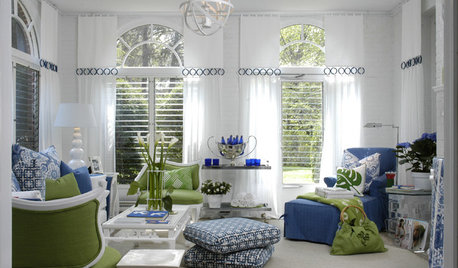
DECORATING GUIDES12 Ways to Cool Your Home Without Air Conditioning
If your summer energy bill is leaving you hot under the collar, consider these savvy alternate strategies for cooling down
Full Story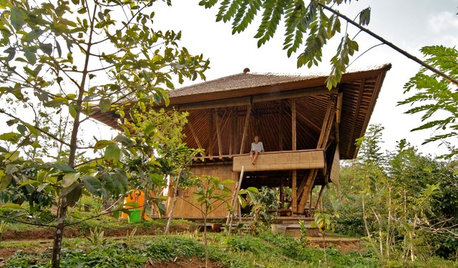
MOST POPULARMy Houzz: Open-Air Living in the Mountains of Bali
Community, jaw-dropping beauty and sustainability come together in a tropical paradise for a London expat
Full Story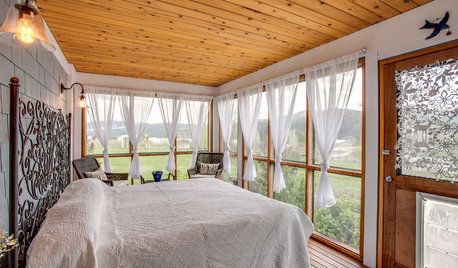
GARDENING AND LANDSCAPING11 Ways to Make Your Sleeping Porch Even Better
Turn off that air conditioner and tune in to the delights of slumbering in the nighttime breeze
Full Story





larke
kahlan_nightwingOriginal Author
Related Professionals
Clinton Township Interior Designers & Decorators · Dania Beach Architects & Building Designers · Town and Country Architects & Building Designers · Chicago Ridge General Contractors · Hammond General Contractors · Hartford General Contractors · La Marque General Contractors · New Baltimore General Contractors · Norman General Contractors · Selma General Contractors · Calverton Kitchen & Bathroom Remodelers · Toms River Kitchen & Bathroom Remodelers · West Palm Beach Kitchen & Bathroom Remodelers · Westchester Kitchen & Bathroom Remodelers · Wilmington Island Kitchen & Bathroom Remodelerslarke
camlan
dadoes
dreamgarden